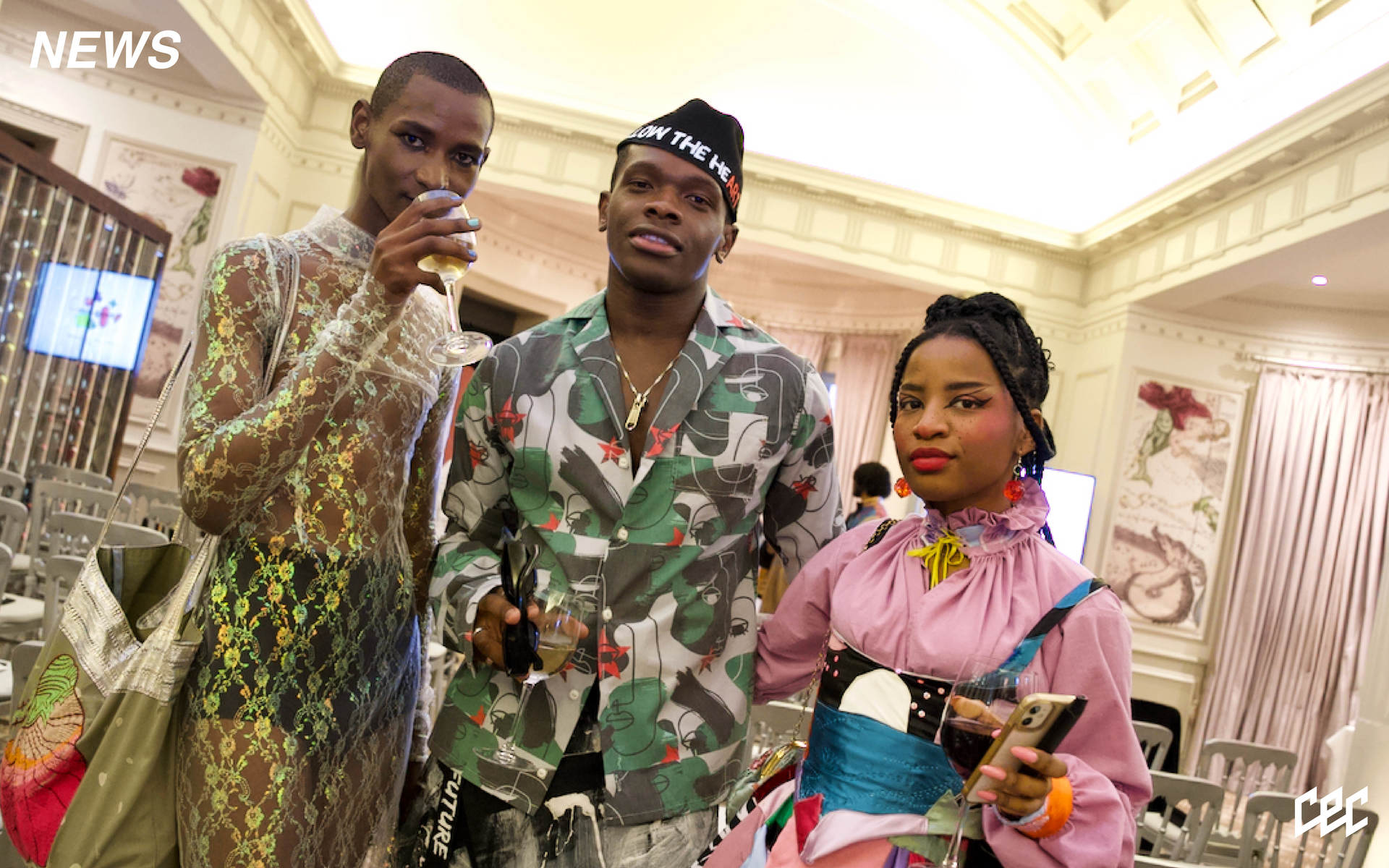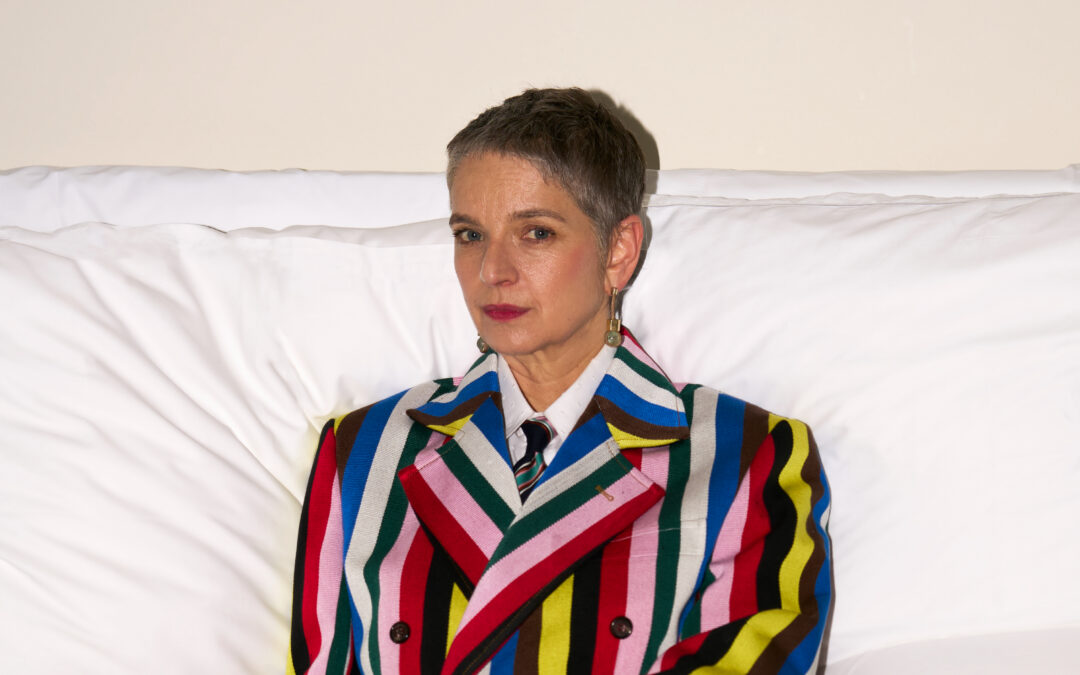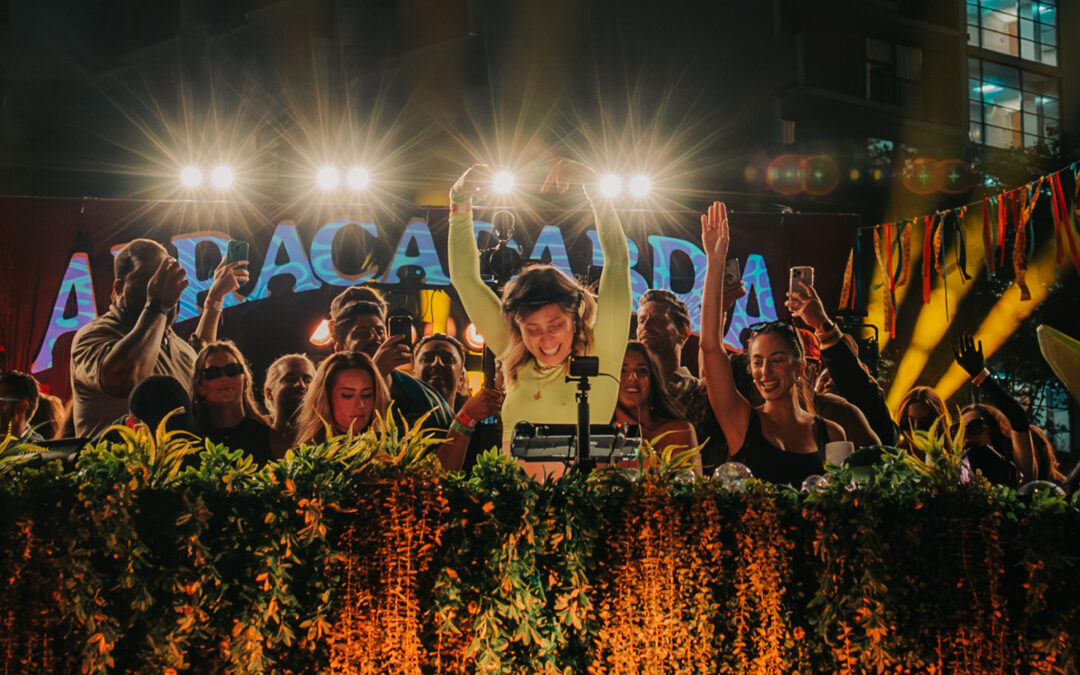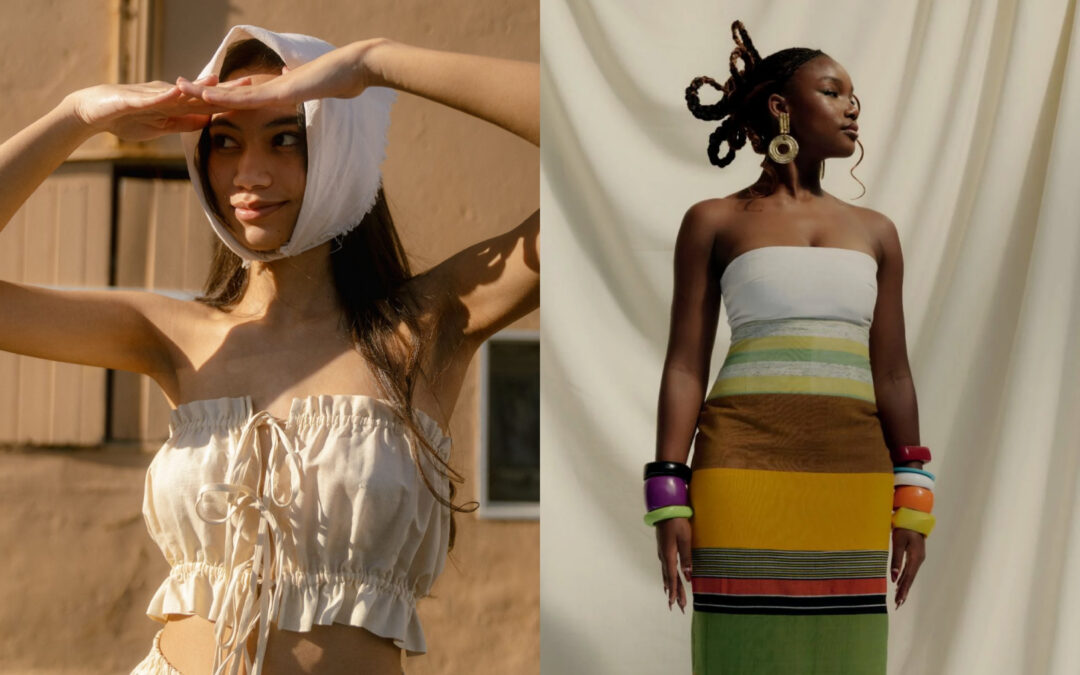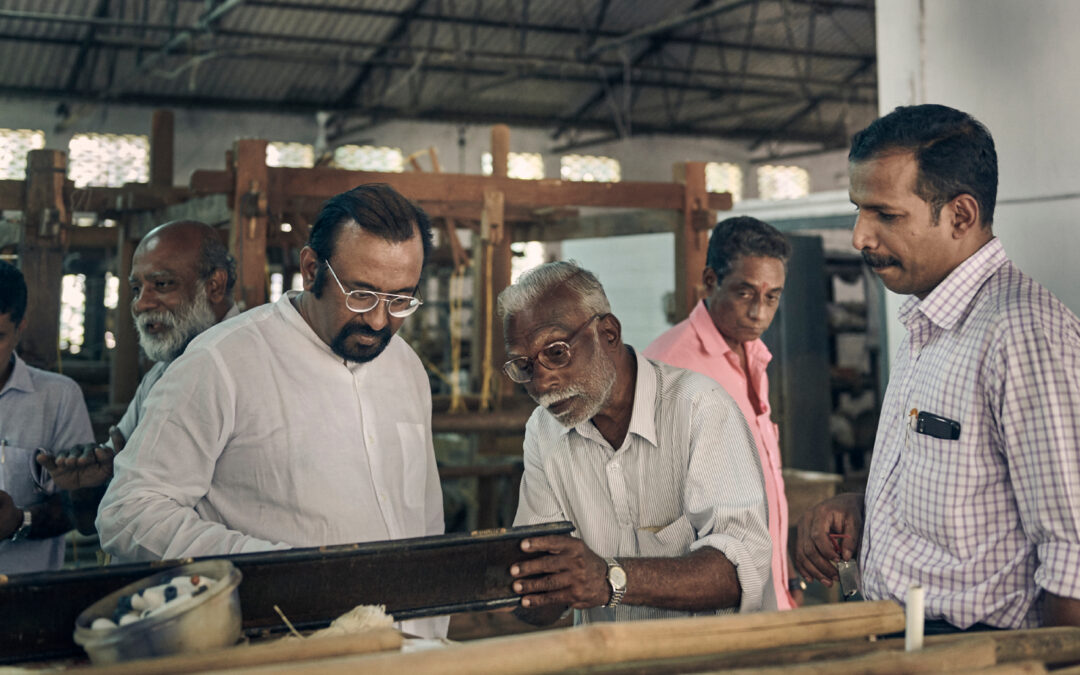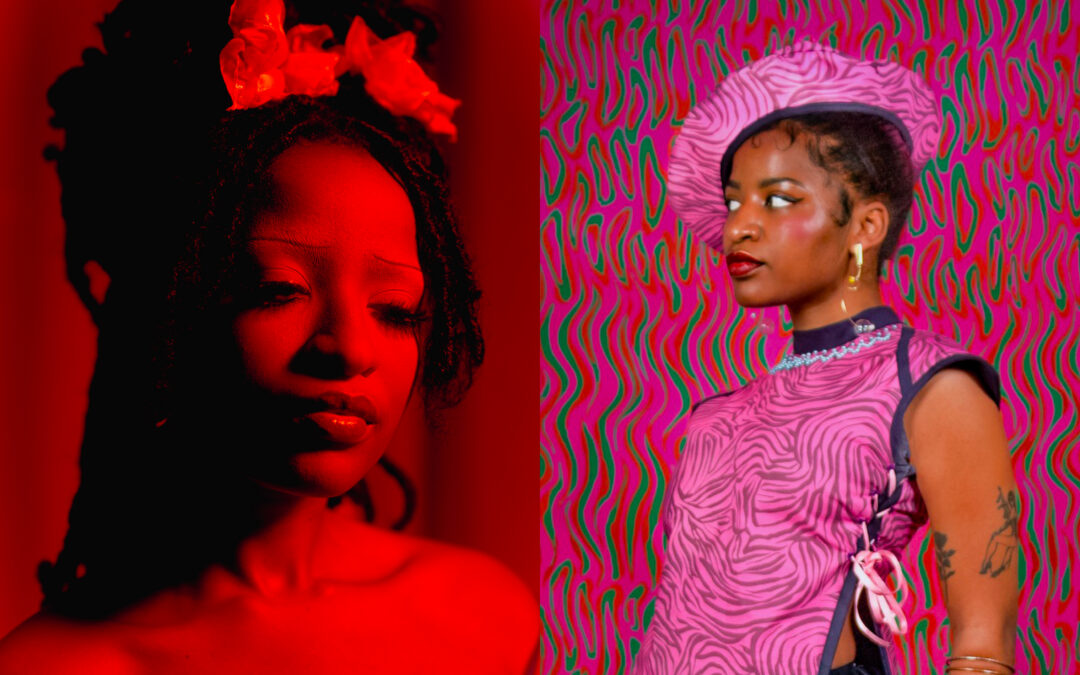South African fashion’s best award show — in our humble opinion — is back for another year. Piloted by founder and fashion maverick Jackie May, Twyg is a South African NPC and publication that has been hosting its Sustainable Fashion Awards for the last six years, and was the first to launch an award of this nature in the country.
The aim of the awards is to “celebrate fashion that is ecologically, socially and culturally fit for the future. We need to support the leaders, designers and makers involved in ushering in the tomorrow our planet needs,” says Jackie. As part of encouraging emerging and established brands and designers to root their business practices in sustainably-led choices, the awards are an incredible accolade for nominees and winners alike.
Twyg is calling on the public and members of the fashion industry to put forward worthy contenders. All fashion designers are also urged to self-nominate to be considered for an award. “Both established and new-up-and-coming designers are encouraged to share their dedication to sustainable fashion with South Africa, and enter one of the 10 categories,” says Jackie.
The Changemaker Award will be presented to the overall winner – drawn from all the categories and based on the judges’ scoring results – and will receive a substantial prize. Previous winners, Cleo Droomer of Droomer and Thando Ntuli of Munkus, used their prize money to take their labels to new heights and further highlight that sustainable fashion is viable. The Changemaker winner is one of the recipient’s of R100 000.00.
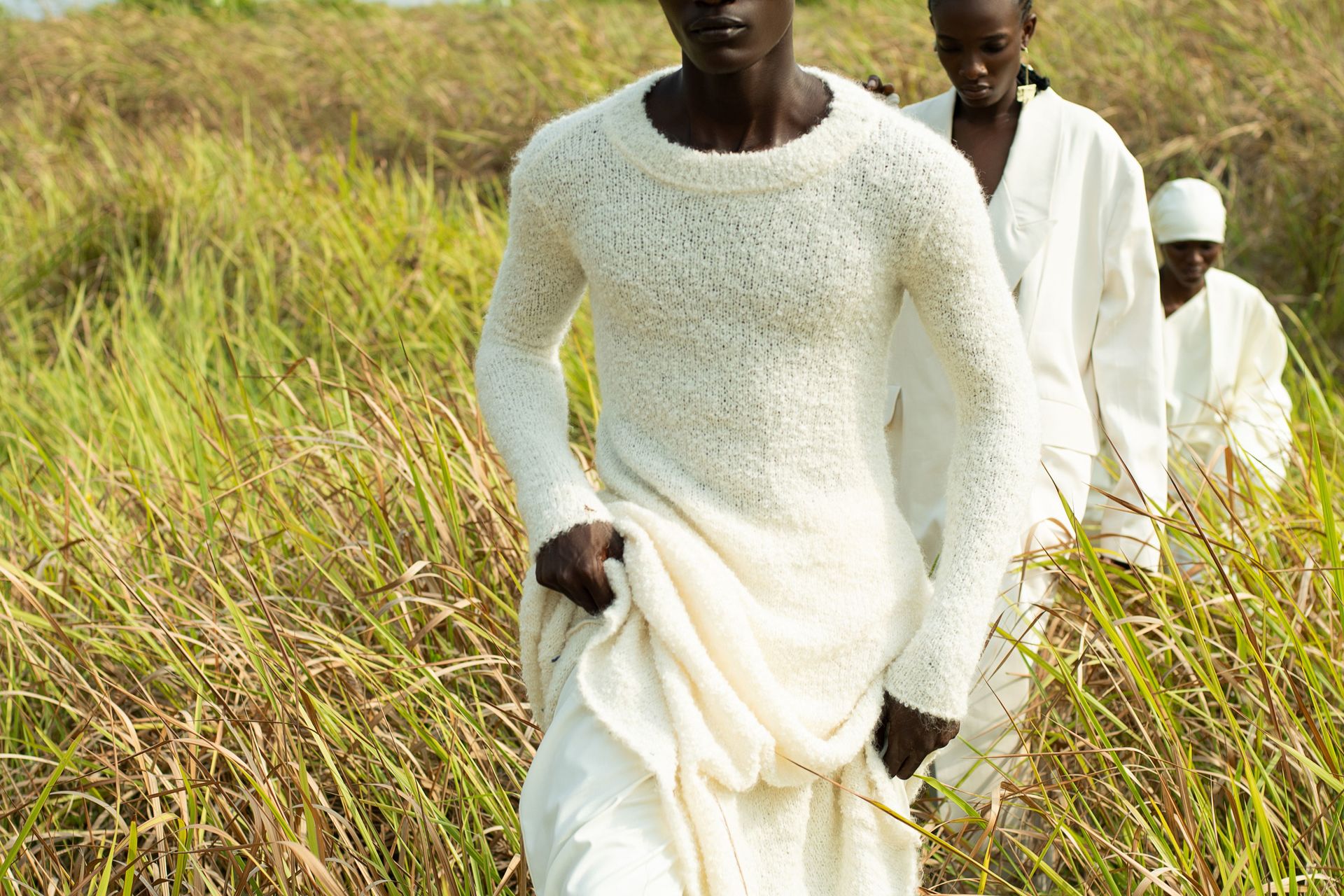
UniForm by Luke Radloff
The awards programme and judging process are audited by advocate John Shija to ensure the principles of transparency, objectivity, fairness and equity are applied to the judges, the entrants, and the sponsors. The finalists will be announced on Tuesday, 8 November 2024 and the winners will be announced on Wednesday, 20 November 2024.
All awards nominations are to be made online via the Twyg website. The submissions process has been formulated in collaboration with Eco Standard South Africa. Pick your fave or nominate yourself – let’s celebrate South African sartorial brilliance that is ethical and conscious!
Entry process and forms can be found here.
Entrie are open until 4th October 2024.
A breakdown of the categories:
Emerging Designer Award: This category is suitable for young emerging designers who are in the early stages of establishing their brands. Designers can enter using one garment or a collection that addresses the challenges of sustainability in the most exciting and beautiful way. The judging assessment will look for creativity and innovation and for how young designers are engaging with environmental, cultural and social responsibilities. The judges will also consider the designers’ commercial potential and promise in contributing to the future of sustainable fashion. The designers should have been creating fashion and testing their markets for no more than three years, and should have made new garments/collections in the last 12 months and before August 2024.
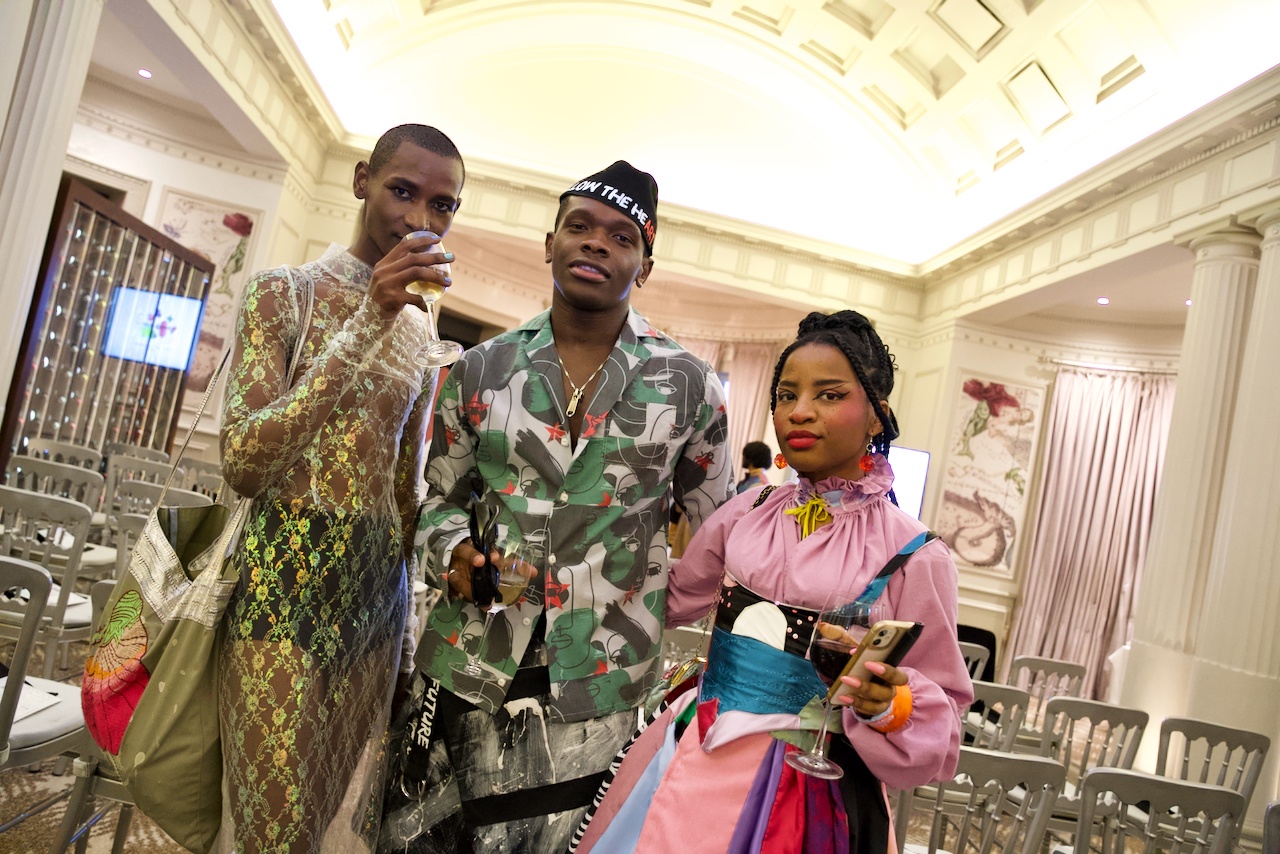
2023 Twyg Awards Event, photographed by Tash Singh
Student Award: This category is suitable for students who currently are registered at a South African academic institution. Designers can enter using one garment or a collection that addresses the challenges of sustainability in the most exciting and beautiful way. The judging assessment will look for creativity and innovation and will recognise that student designers have the freedom to challenge fashion’s status quo, engaging with environmental, cultural and social responsibilities in a playful and creative way.
Footwear Award: This category recognises a brand, cobbler or designer who makes shoes and implements ethical labour practices, limits toxic chemicals, considers end-of-life and creates a quality and durable item. Ideally, materials are locally sourced, recyclable or recycled materials. The category also includes repairers of shoes. The quality, durability, creativity and innovative design of the nominated brands or shoes will be assessed.
Accessories Award: This award recognises an accessory brand that implements ethical labour practices, avoids toxic chemicals, considers end-of-life and uses sustainable materials to create a quality item. Ideally, materials used are locally sourced, recyclable or recycled materials. The quality, durability, creativity and innovative design of the nominated brands will be assessed. Examples of accessories are: jewellery, belts, cufflinks and studs, sunglasses, gloves, handbags, hats and headwear, neckties, purses, socks and stockings, veils. Although shoes and boots are sometimes categorised as accessories, we have a separate footwear category.
Innovative Design and Materials Award: This award seeks to recognise a designer of clothes or / and textiles who is pioneering sustainable practices or technologies. For instance, this designer could be using creative pattern-making, introducing new technologies, innovating new business models, applying reconstruction techniques, innovating new materials and techniques, or returning to old, sustainable and cultural practices. If the innovative approach is not original, the innovation being adopted in a contemporary design should be acknowledged. Judges will consider the potential impact of the innovation. The purpose of this category is to highlight and reward those who are pushing boundaries and leading the charge in reimagining what fashion can be.
Trans-seasonal Design Award: This award recognises a collection, garment or brand that promotes trans-seasonal, multi-functionality and versatile style. It rewards quality design that aspires to be timeless and is made to last, i.e. design that transcends seasons. This category also recognises brands that remain invested in garments after their sale, for example, through the provision of lifetime guarantees and repair services. It supports slower production cycles through trendless fashion and timeless, well-made pieces that will last. The purpose of this category is to encourage the fashion industry to move away from the fast-paced, trend-driven nature of traditional fashion cycles.
Farm-to-Fashion Award: This category celebrates a brand or designer who is committed to cultivating transparent and traceable supply chains and advocating for regenerative and sustainable textile practices. The farm-to-fashion movement advocates for rebuilding localised, natural fibre textile systems and supply chains. The garments created should be made from 100% natural fabric, no fossil-fuel based synthetics and as few toxins and chemicals as possible. The purpose of this category is to promote a holistic view of sustainability in the fashion industry, encouraging practices that consider the environmental and social impacts of fashion from the very first stages of production on the farm.
Nicholas Coutts Artisanal Fashion Award: This award honours the late designer Nicolas Coutts. Nicholas, who beautifully used and explored traditional crafts and techniques in his design. To celebrate his legacy, this award recognises a designer who uses artisanal craft techniques such as weaving, embroidery, botanical dyeing or another artisanal practice to make fashion that foregrounds, celebrates and values the culture and skills of the people who make the garments. Craft is a living example of slow-paced, resource-mindful and socially and culturally sustainable production. The purpose of this category seeks to recognise the contribution to preserving skills while also integrating them into the modern fashion landscape. This category also promotes a deeper appreciation for the time, skill, and cultural heritage embedded in each handcrafted piece, encouraging consumers to value and invest in artisanal fashion.
Retail Award: This award recognises a retailer or retailing initiative that enhances and supports sustainability and circularity through selling pre-loved and gently worn clothes, swap shops, garment rental, and similar commercial and non-commercial activities that keep clothes in use for as long as possible. The award is also open to retailers who support local producers and designers, vertical and regional supply chains and sustainable design and manufacturing. It also recognises the implementation of sustainable practices within retail operations.
Tastemaker Award: Tastemakers decide or influence what is, or will become, fashionable. This award recognises a photographer, stylist, influencer, or content creator who has actively promoted slow, sustainable fashion and/or slow living over the last 12 months and who has sparked relevant conversations. This person is helping to shift our fashion aspirations and is contributing to a sustainable fashion ecosystem by amplifying alternative fashion practices in the media. The Tastemaker supports slow fashion habits and conscious local businesses while promoting these 5Rs (reduce, repair, refashion, reuse, recycle). The judges will also look at how the fashion content intersects with issues such as race, diversity, inclusion, identity, and culture.
Press release courtesy of Scout PR
For more news, visit the Connect Everything Collective homepage www.ceconline.co.za

